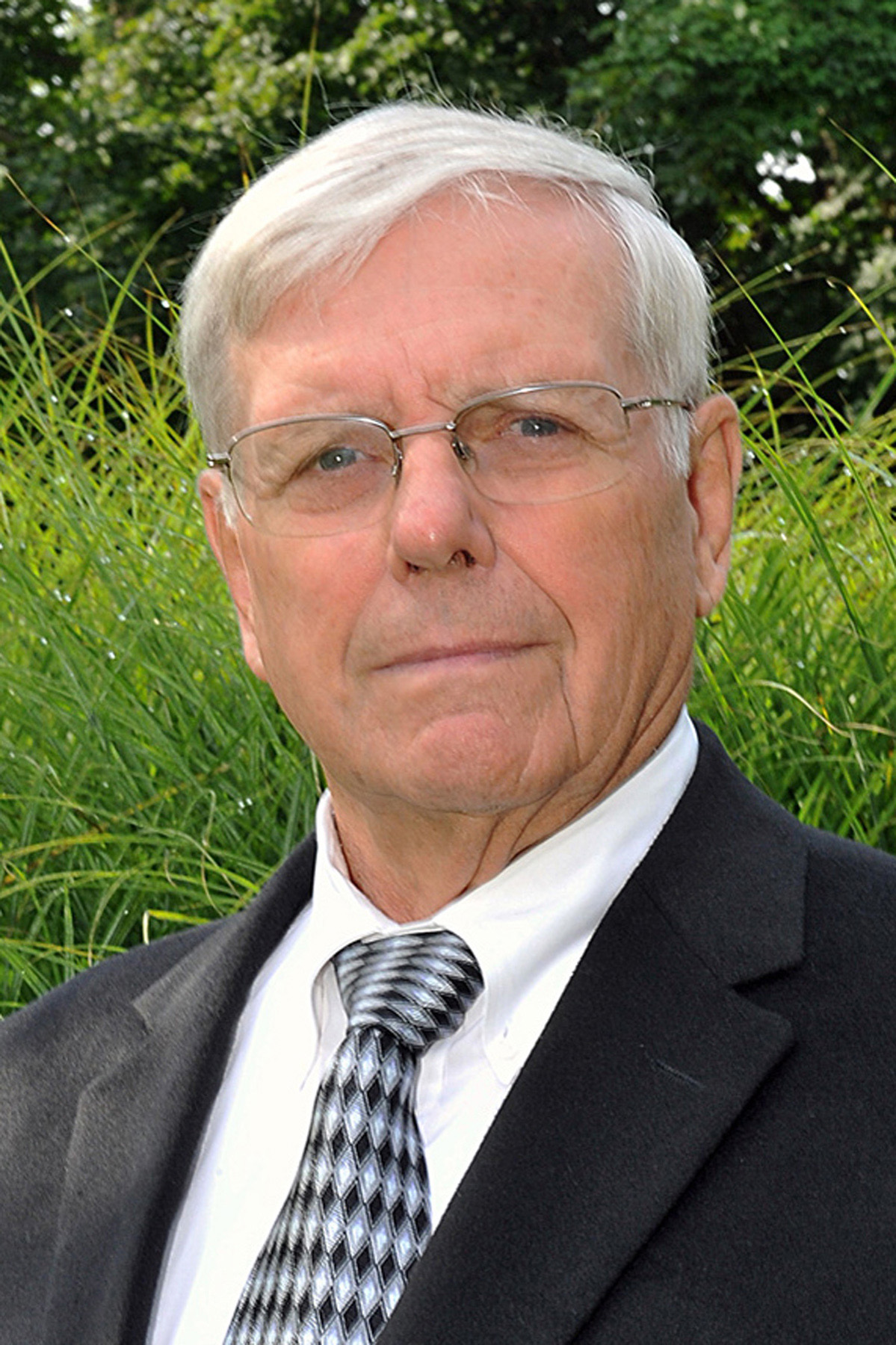 Recently, ITE Journal interviewed ITE Fellow Frederick A. Hesketh, a member since 1961 and presently retired. He provided traffic engineering services to states, cities, towns, and private developers for thirty eight years—interrupted twice for military service as a U.S. Army reservist—prior to his retirement at the end of 1997.
Recently, ITE Journal interviewed ITE Fellow Frederick A. Hesketh, a member since 1961 and presently retired. He provided traffic engineering services to states, cities, towns, and private developers for thirty eight years—interrupted twice for military service as a U.S. Army reservist—prior to his retirement at the end of 1997.
Fred followed his 1958 graduation from the University of Rhode Island (BS, Civil Engineering) with studies as an Automotive Foundation Fellow at Yale University’s Bureau of Highway Traffic studying under Fred Hurd, Matt Huber, Tom Seburn, and Don Cleveland before joining the Rhode Island Department of Public Works(RIDPW)— now the state’s department of transportation. Fred tells ITE that his courses in highway design and traffic engineering appealed to him much more than other civil engineering courses and that his professors and faculty advisor encouraged him to continue with graduate studies in traffic engineering at Yale.
He rose through the ranks at RIDPW from civil engineer (highway planning), senior civil engineer (traffic engineering and highway planning), deputy state traffic engineer, and chief road design engineer. After ten years of state service, Fred entered the private consulting field as traffic engineer, and later chief engineer and vice president with a Connecticut consulting firm he subsequently purchased in 1976. The newly renamed FA Hesketh and Associates Inc. would offer surveying, civil engineering, landscape architectural, and traffic engineering services to government agencies and private clients throughout the northeast. FA Hesketh and Associates continues to serve clients today from its offices in East Granby, Connecticut and Southern Pines, North Carolina.
Fred enjoyed going to work every day to seek solutions to existing traffic problems and to develop solutions that would improve traffic operations. He says his most challenging situations were those projects for clients involving private developments where his firm’s land planning and traffic efforts had to engender satisfaction of both the land owners and the public authorities in the land use decision process where both sides had to be satisfied that traffic movements to and from the proposed land use were adequately addressed in the plan development. “At times, my client was a bigger obstacle than the public servants,” he explained, but added, “I took great satisfaction in bringing the two sides to an agreement in over 2300 projects in my career.”
He said the federal/state TOPICS program was one of the more significant joint Federal/local programs in his experience where the three levels of government—federal, state, and local— worked in concert to make existing roadways more efficient with minimal expense by emphasizing efficiency in operations and traffic control devices over more extensive construction/reconstruction.
Fred said he is supportive of present programs/efforts encouraging multi modal facilities, commuter parking areas, car pool lanes, and ride sharing. He is an organizer and past chair of the Rhode Island Traffic Engineers (RITE) Association, and a past president of the New England Section of ITE.
We asked Fred what he might have been if not a traffic/transportation engineer, “Gee, I don’t know,” he said, “maybe a travel agent—I’ve visited 49 states and 63 countries.” Then he added, “But you know I still sample and like people movers like the bullet trains in Japan, to the gondolas in Venice, balloon rides over the outback, elephant rides in India, and the oxen drawn carts in Cambodia and Laos. I guess I just love anything that moves people!!”